President Bola Tinubu forms an economic advisory committee, consisting of the federal government, sub-nationals, and the private sector, to address the worsening economic crisis in Nigeria.

Consumers Push Back on Prices While Companies Pull Back on Hikes, Signaling Hope for Lower Inflation
Consumer resistance to high prices, including a shift towards store-brand items and discount stores, has led to slower price increases from large food companies, helping to cool down overall inflation in the US.

The dollar is gaining strength ahead of key economic releases, including U.S. inflation data, as investors seek clues on global interest rate outlooks.
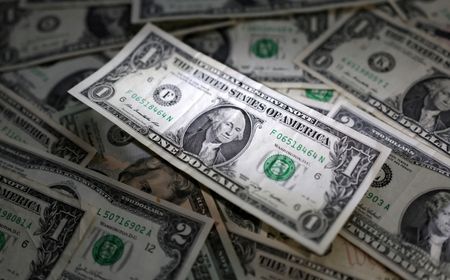
A study conducted by the Federal Reserve shows that credit cards are the most preferred payment method in the US, followed by debit cards and then cash, although the volume of cash in circulation has consistently increased since 2002; however, cash still remains important for certain segments of consumers, particularly underbanked customers and for smaller or guilt-related purchases.
Hong Kong's Future Fund, which is used for longer-term investments, is at risk of being depleted if not used prudently, as the city's reserves hit a decade-low. Economists are urging the government to establish spending rules and be cautious in dipping into the fund, while also calling for increased transparency and disclosure of the fund's performance.

Energy prices, including oil, natural gas, and electricity, are expected to remain relatively stable over the next 12 months, but potential disruptions to supply or increases in demand could still lead to sharp price rises.

American companies have become hesitant to do business in China due to various challenges, including intellectual property theft, espionage laws, and a contentious U.S.-China relationship. While some businesses are thriving in China, many foreign companies are concerned about the business climate under President Xi Jinping, as the Chinese economy slows down and faces issues such as a real estate crisis and demographic challenges. The U.S.-China relationship is seen as the most competitive and dangerous in the world, but a complete break is not an option due to the economic interdependence between the two countries.

The latest Household Consumption Expenditure Survey (HCES) shows a decline in the share of food items in the total spending basket of Indians, with a shift from foodgrains and sugar to animal and horticulture products, indicating a preference for foods rich in proteins and micronutrients, as well as a growing preference for processed foods and beverages. This trend aligns with the Engel Curve hypothesis, suggesting that as incomes grow, households spend a smaller proportion on food, but more on "superior" items like animal proteins and processed foods.

China's local governments are hesitant to borrow more money, leading to expectations that the central government may take on more debt in order to stimulate growth.

The latest survey of household consumption expenditure in India shows that rural consumption has remained robust and the poverty level in the country could be significantly lower than previously estimated, with implications for interest rates and the state of the rural economy.

Despite the ongoing foreign exchange crisis in Nigeria, credit rating agency Agusto & Co predicts that the naira/dollar exchange rate could converge at N1,100/$1 at the official market by the end of 2024.

Despite a decline in value last year, Dollar General is backed by top investors who envision a recovery due to its defensive business model, potential for customer improvement, and attractive valuation.

Less than 5% of Indians are now expected to be below the poverty line, as extreme destitution has almost disappeared, according to the findings of a government survey, with rural households' spending on food dropping below 50% for the first time ever as people's incomes rise and consumer expenditure on non-food items increases.
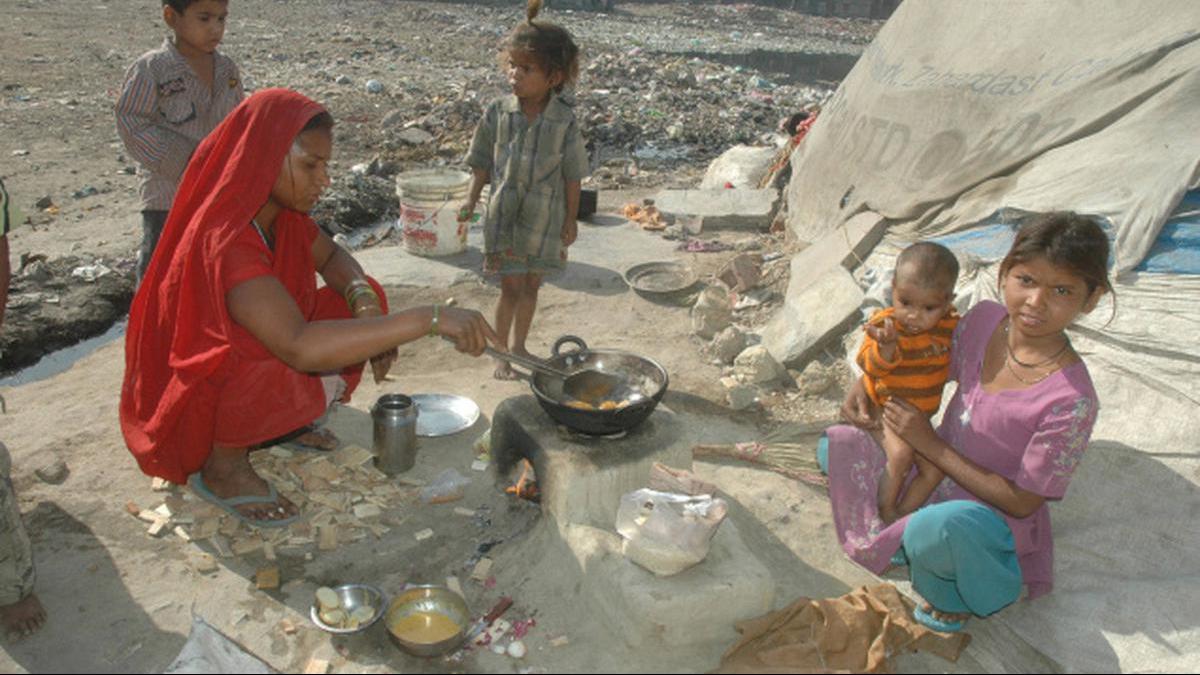
Goldman Sachs expects the Bank of Israel to cut interest rates, which could lead to depreciation of the shekel against other currencies. Despite negative growth figures, the shekel has remained stable and strengthened due to expectations of economic rebound and positive trade balance.
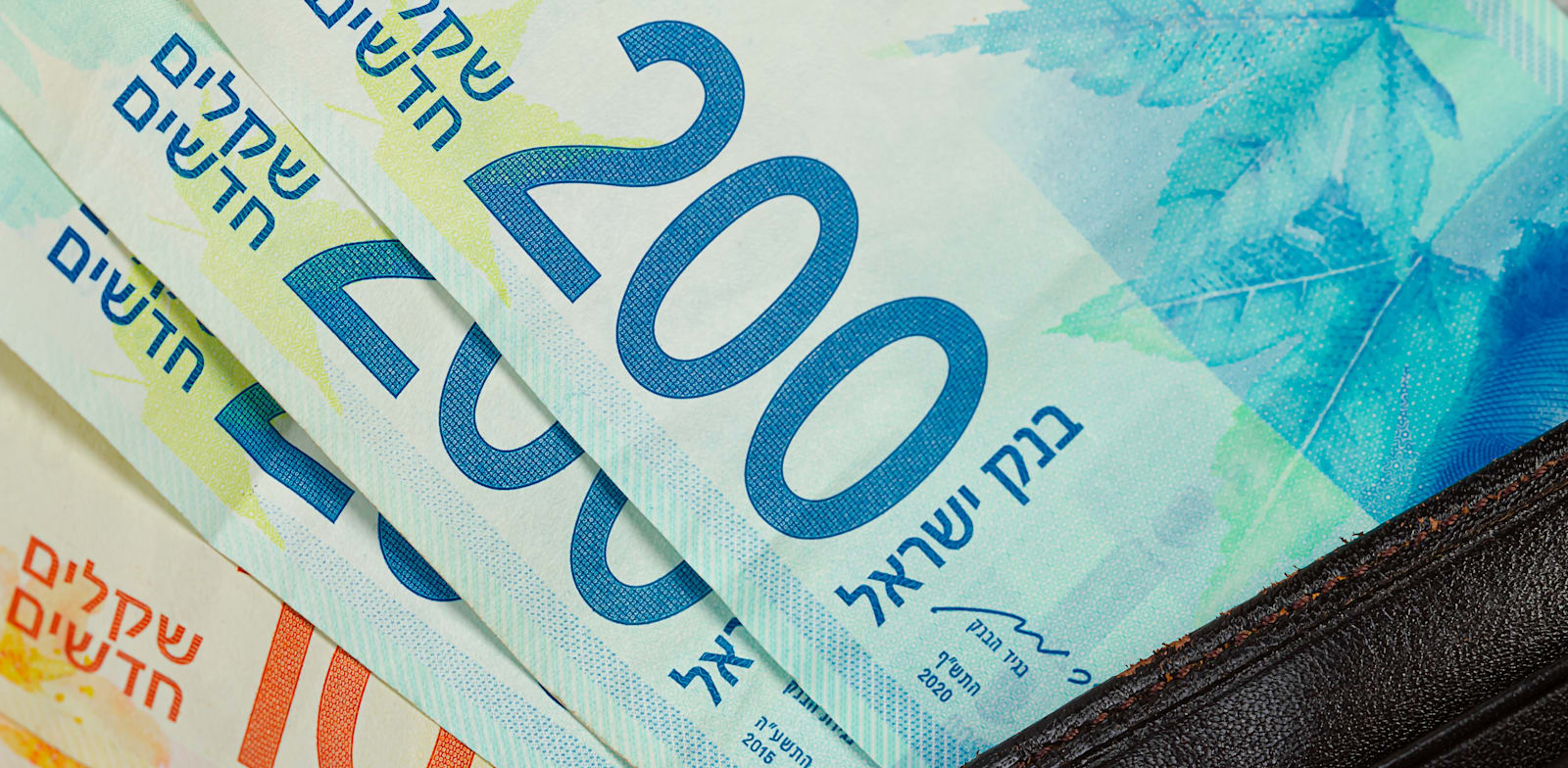
Nigeria's richest man, Aliko Dangote, has lost $3 billion in February alone, bringing his net worth to $14.8 billion, due to the devaluation of the naira by the Nigerian government.

Despite a record amount of credit card debt in the US, economists predict that a decline in consumer spending is unlikely this year due to factors such as robust wage gains, a strong stock market, and improved attitudes toward the economy.

The World Bank is discussing new projects worth over $650 million to address the needs of Rohingya refugees and host communities in Bangladesh, according to World Bank Managing Director Anna Bjerde.
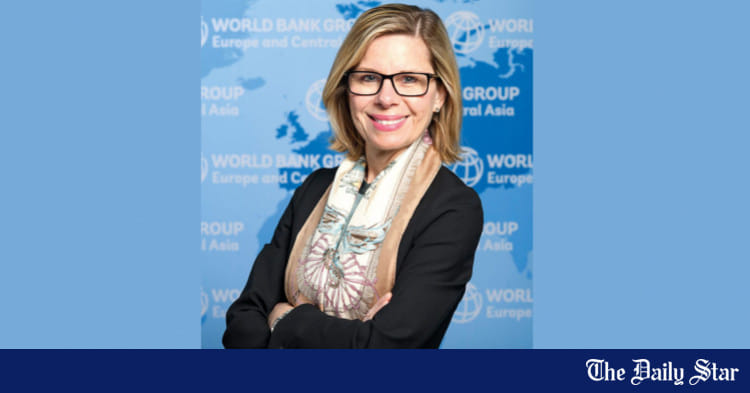
The rich in the US are getting richer as billionaires have become 34% wealthier since 2020, surpassing the inflation rate, and it takes a household income of $200,000 or more to be considered among the richest Americans, with California dominating the list of cities where the rich are getting richer.

Canadian households are eager to know when inflation will trend downwards and interest rates will decrease, as high inflation has caused economic challenges, particularly for fixed-income households, while also increasing uncertainty and hindering future planning.

Despite California's high cost of living, many workers in the state have received generous pay raises, exceeding the inflation rate, with variations depending on location, occupation, and timing. Young, low-paid workers who switched jobs saw larger raises than older, well-paid workers who stayed loyal to their employers.

Canada's inflation rate fell to 2.9% in January, returning to the Bank of Canada's target range, potentially leading to a decrease in interest rates; meanwhile, cellphone bills in Canada are falling, though the situation is more complex than it seems, according to Statistics Canada; Ontario is seeing an exodus of young adults, particularly renters, due to high living costs; British Columbia is facing a multimillion-dollar mining cleanup problem as the province falls short of covering estimated costs; despite extreme weather, Canada's farming sector reached record-breaking incomes in 2023; and an Ontario woman on social assistance is required to repay $14,000 after being incorrectly advised to apply for the Canada Emergency Response Benefit (CERB).
Russia's economy has grown despite economic pressure from the West, as the boost in production for the military drew on previously unemployed resources, but this margin of unemployed resources has been quickly used up, causing inflationary pressure and potential future economic challenges.

Pakistan has achieved the IMF's benchmarks in the energy sector, potentially securing a $1.2 billion loan tranche, with targets including containing circular debt and reducing line losses.

The International Monetary Fund denies predicting the exchange rate for Nigeria and clarifies that the reports were based on its 2023 economic outlook, which offers a cautionary outlook on an economic downturn and critical policy adjustments.

The rising U.S. federal government debt is a growing concern, with billionaire Paul Tudor Jones warning of a potential "debt bomb" that could have significant consequences for the economy. Projections suggest that interest spending on the debt is on track to surpass defense and Medicare expenditures in 2024.

The Western world is dependent on technology that is vulnerable to sophisticated attacks, and the threat is exacerbated by the imminent advancements in quantum computing, which will render current cryptographic systems insecure. It is crucial for businesses, governments, and individuals to upgrade their digital security measures to prevent catastrophic damage.

Former President Donald Trump exaggerated the scale of food price increases under President Joe Biden, as the actual rate of increase is about half of what Trump claimed, with overall food prices rising by 20%.

The Saudi Cabinet has approved regulations for the Saudi Tourism Authority, aiming to boost the tourism sector's growth and promote Saudi Arabia as a top-tier tourist destination locally, regionally, and globally in line with Vision 2030.

Americans accumulated a record amount of credit card debt in 2023, surpassing $1 trillion, but economists believe a major retrenching of consumer spending is unlikely this year due to robust wage gains and positive economic indicators.

Consumer pushback against high prices in the US, particularly on groceries and consumer goods, is helping to bring down inflation as more people shift towards private-label brands and discount stores, forcing large food companies to slow down their price increases, according to economists and industry executives. This consumer resistance indicates that inflation is likely to further ease, marking a difference from previous bouts of inflation. President Biden has criticized corporations for price gouging and shrinkflation, calling it a "rip-off."

The latest economic report in the US reveals a possible increase in inflation, while consumer confidence and home prices are expected to remain steady, and manufacturing activity is anticipated to shrink again but show signs of improvement.

Buffalo is using adaptive reuse to revitalize its industrial past and drive economic growth, including a focus on skilled trades, mixed-use development, athletic complexes, and historic preservation.

The U.S. money supply is shrinking at a rate not seen since the Great Depression, raising concerns about the possibility of an economic and stock market meltdown, but experts suggest that the current decline may not have the same dire consequences due to changes in consumer payment habits.

The text provided is a menu for a news website, featuring various sections such as news, local, sports, opinion, A&E, life, and business.

Qatar plans to raise gas production and expand its liquefied natural gas output, despite low global gas prices and competition from rivals, to meet growing demand in Asia and Europe.

New York City could be heading for a self-perpetuating "doom loop" as a result of the economic impact of remote work, with potential effects on real estate, housing values, public services, and the crime rate, according to Columbia Business School professor Stijn Van Nieuwerburgh. The city's high office vacancy rate and accumulated debt, coupled with the end of federal grant money, could lead to a significant urban crisis.

Omniful, a supply chain platform, plans to expand its operations and boost the e-commerce industry in Saudi Arabia after securing $5.85 million in seed funding, with a focus on enhancing its platform capabilities, forming strategic partnerships, and tailoring solutions to local markets. The company aims to become a globally recognized technology vendor and is already serving clients in various regions, including the US, Europe, Africa, Turkiye, and the Gulf Cooperation Council. Omniful relies on proprietary technology, strong engineering capabilities, and emerging technologies like AI and machine learning to provide efficient and value-added solutions to its clients.

The productivity boom in the United States, fueled by companies investing in machines and training workers to use advanced technology, has led to strong growth and low unemployment despite high interest rates. Higher productivity has allowed for increased profits, higher wages, and inflation to remain in check.

The Saudi Cabinet has approved new regulations for the Saudi Tourism Authority, enabling it to promote the Kingdom as a tourist destination and play a pivotal role in the growth of the sector. The regulations include establishing marketing offices domestically and internationally, setting visitation targets, and collaborating with government bodies and the private sector. The authority will also be responsible for developing media plans, offering support to tourism product owners, and implementing training programs for marketing efficiency.
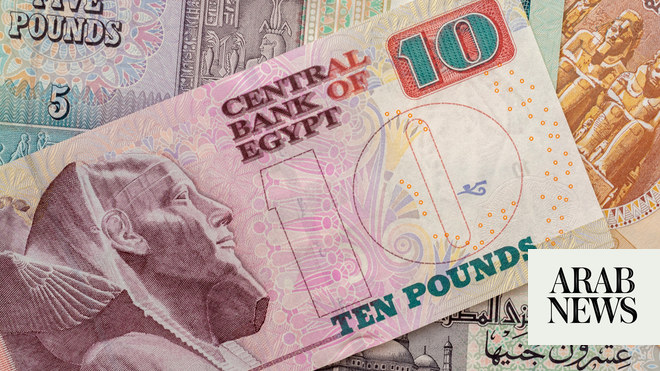
MNCs have struggled to succeed in India because they have failed to understand the uniqueness of the Indian market and have tried to impose a global business model rather than adapting to local conditions.

As India's per capita income has increased, so too have lifestyle diseases such as diabetes, heart disease, and obesity, posing a challenge to public health in the country and costing the global economy billions of dollars annually. The shift towards a more sedentary lifestyle, overconsumption of processed foods, and rising addiction to tobacco and alcohol have contributed to this health crisis, with ailments like heart disease and diabetes accounting for a significant percentage of deaths. The demographics affected by lifestyle diseases are also changing, with younger individuals increasingly falling victim to these conditions. This calls for a shift towards early screening, active monitoring, and preventative healthcare strategies. The rise in income levels also mirrors a global pattern, where increased wealth leads to a higher likelihood of developing certain diseases. While the upper-middle class tends to prioritize health and well-being, the transition to a health-conscious lifestyle may be more challenging in India. Proactive measures, including public health campaigns and workplace wellness programs, are needed to address the root causes of lifestyle diseases and safeguard the well-being of the population.

Southern hemisphere nations rich in minerals needed for electric vehicles are challenging the northern hemisphere in the race to control the automotive revolution, as countries like Bolivia agree to partnership with China to achieve this power shift.

Bolivia has agreed to partner with China in an effort to control the minerals needed for electric vehicles and challenge the dominance of northern hemisphere nations in the automotive revolution.

Only around 5% of individuals in Nigeria have more than N500,000 in their bank accounts, leading the government to implement reforms to rectify economic imbalances that favor a small group of elites over the majority of citizens. President Tinubu is working to mitigate poverty and the high cost of living by providing financial assistance to households, while also offering grants to small businesses to improve overall livelihoods.
The average monthly expenses in rural and urban households in India have become more similar over the past two decades, with rural consumption experiencing a significant increase, as per new expenditure data.

The writer raises concerns about the PML-N's classic economic growth model, stating that it is unlikely to work in 2024 due to budget deficits and limited reserves, and highlights the importance of a well-defined alternative strategy for sustainable progress.

Many residents of Hong Kong are crossing the border into mainland China to shop, dine, and enjoy entertainment due to the lower cost of living, marking a shift in power dynamics and revealing Beijing's efforts to tighten control over the city; however, this trend is also driving some Hongkongers to emigrate to Western countries like Britain, Canada, and Australia.

In his book "H-Pop: The Secretive World of Hindutva Pop Stars," Kunal Purohit explores the cultural context that fosters violence in small towns in North India, focusing on influencers who create content supporting Hindutva ideology and reinforcing hate speech.

Nigerian traders dealing in grains are selling their products to neighboring countries with stronger currencies, leading to potential hoarding and artificial scarcity as well as a rise in food prices within Nigeria. The weakening of the naira and the strengthening of currencies like the CFA franc have incentivized traders to seek higher profits in neighboring countries.

The pursuit of supply chain security within the global value chain should focus on putting economic fundamentals in order, rather than relying on narrow, trade-distorting interventions, in order to foster genuine resilience.
